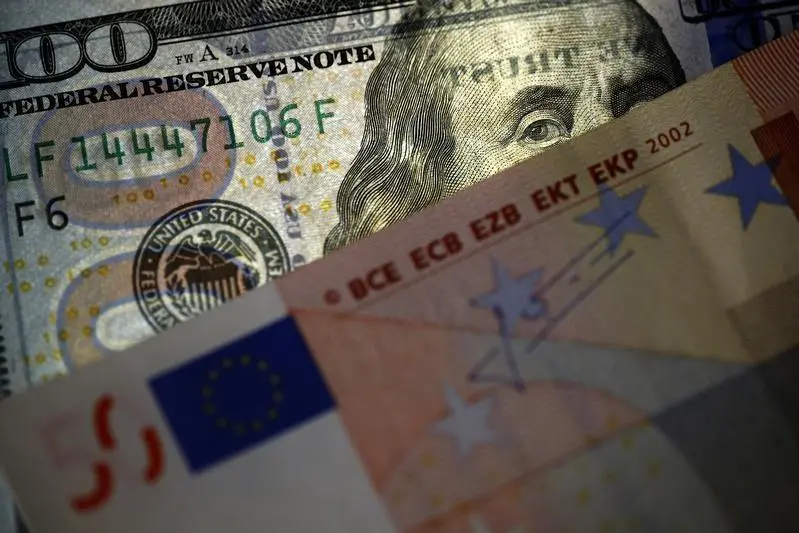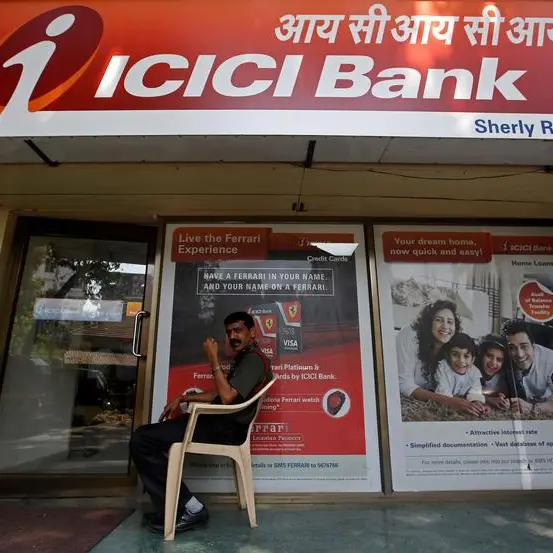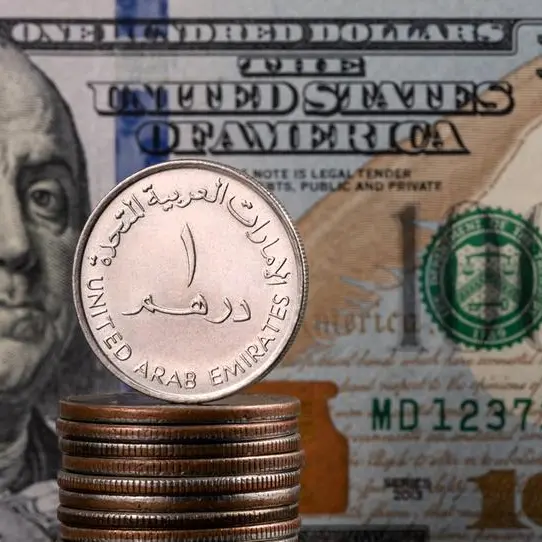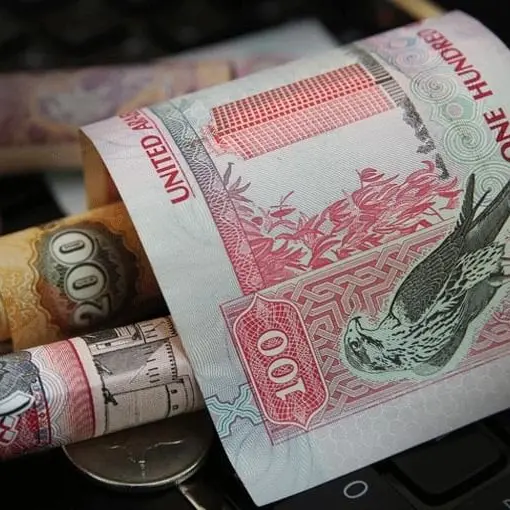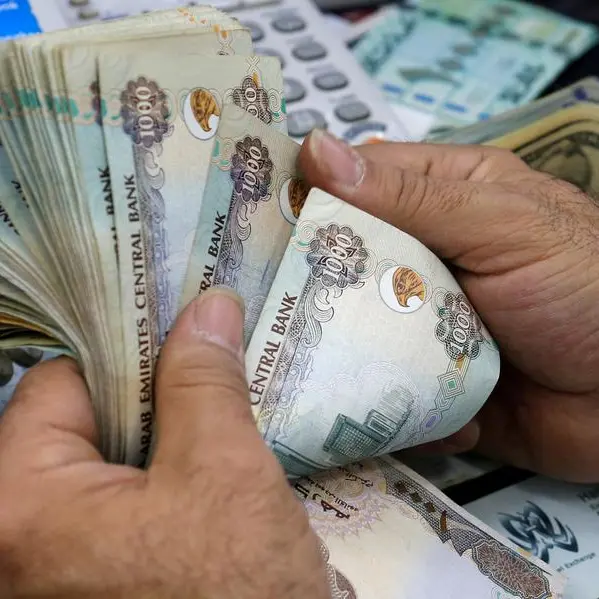PHOTO
Kenya’s Eurobonds plunged after Moody’s Investors Service said it may treat a planned buyback of some of the debt as a default.
Redeeming the bonds at a price below par value would constitute an economic loss to investors, David Rogovic, a vice president and senior credit officer at Moody’s, said in response to Bloomberg’s emailed questions.
He was commenting on President William Ruto’s plan, announced in June, to buy back half of the country’s $2 billion of 2024 Eurobonds before the end of this year. Yields on the notes soared 46 basis points on Wednesday, the most in almost a month, to 13.35%.
“We deem a distressed exchange occurs when there are economic losses to creditors and when the transaction has the effect of allowing the issuer to avoid a likely eventual default,” Rogovic said. “We need to see the details and the terms of the buyback before we can assess whether it constitutes a distressed exchange, and therefore a default under Moody’s definition.”
Kenya’s Treasury Principal Secretary Chris Kiptoo did not immediately respond to Bloomberg’s request for comment on how the planned buyback would be priced or financed. Ruto has said the country won’t default on its debt.
Kenya’s debt burden has been a focal point for investors as the country faces dollar shortages amid skyrocketing energy and food import bills. With central bank hard currency reserves standing at just $7.4 billion, some investors have been nervous that it would be forced into a debt restructuring, following other African nations including Ghana and Zambia.
“We think the government has sufficient financing options to repay 2024 Eurobond,” Rogovic said.
Concerns about Kenya’s ability to repay the 2024 bonds were cited by Fitch ratings in July, when it revised the outlook on the country’s debt to negative while affirming its credit rating at B, or highly speculative.
Moody’s, which rates the debt B3, cut its outlook to negative last week, saying Kenya would face “substantial” debt-service costs even after redeeming the 2024 notes. S&P Global Ratings, which also has a negative outlook on the credit, will release ratings update on August 25.
Kenya’s other Eurobonds also declined on Wednesday, with the yield on benchmark 2032 notes rising 18 basis points to 10.73%.
(Editing by Seban Scaria seban.scaria@lseg.com)
